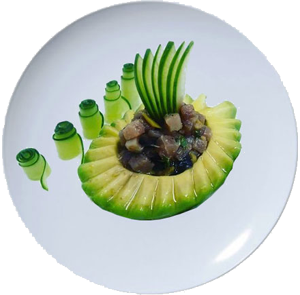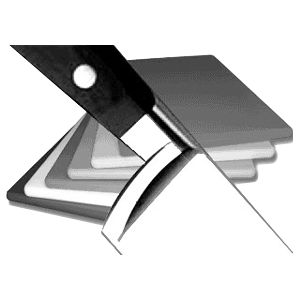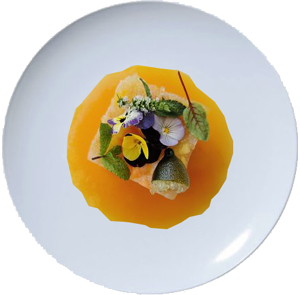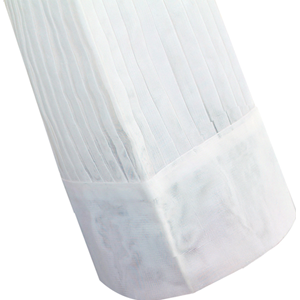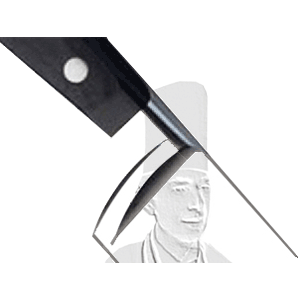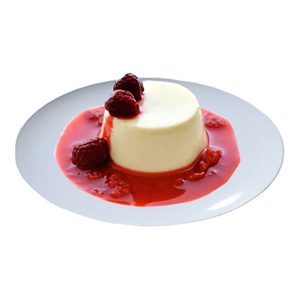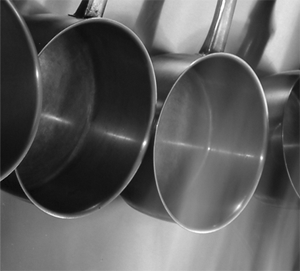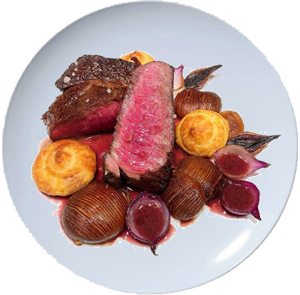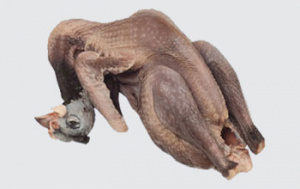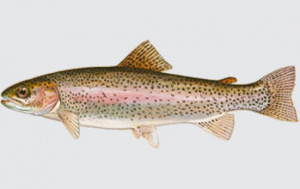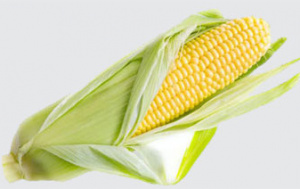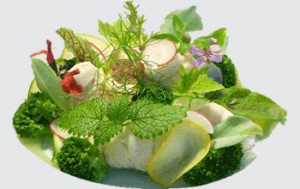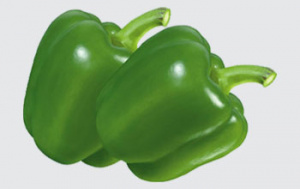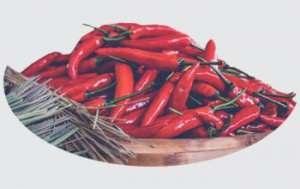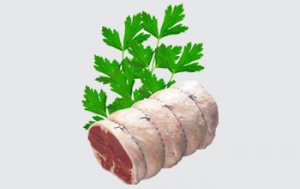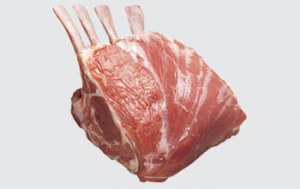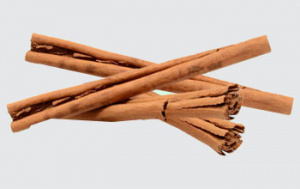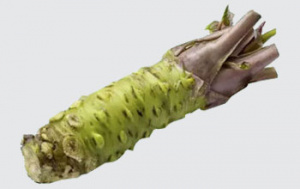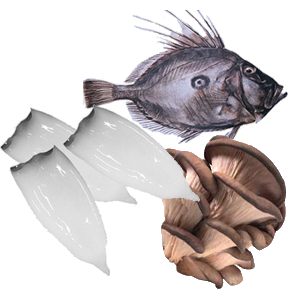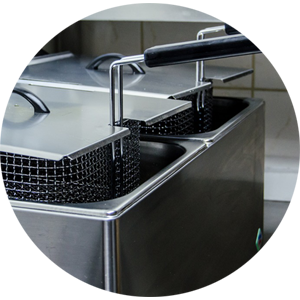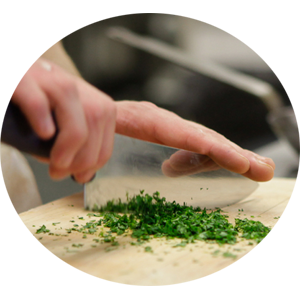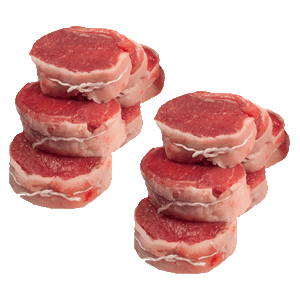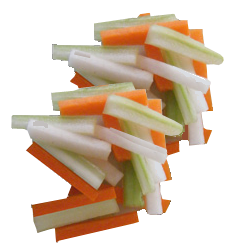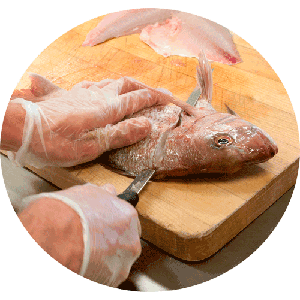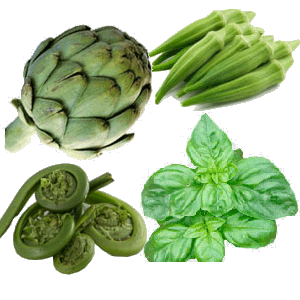To consider that a genuine professional chef is simply determined by skills and knowledge is to only identify technical ability and supports the argument that being a professional chef is only about putting food on a plate.
Skills – Attitude – Knowledge – Experience Skills: The first and foremost element is: Confidence and consistency to technically procure, prepare, and present wholesome food within the cost and time constraints applicable to their work environment. Provide evidence that you can do this and you score 25% Attitude: The next essential element, because it shows a commitment to the industry and includes: Valuing the need for continuous self development Add another 25% Knowledge: The third essential component includes: Following the laws of the land as applied to a working chef Add 25% and you are still only three- quarters of a professional chef. Experience – The final critical component Experience as a learner, apprentice or commis, experience as a cook, chef de partie, sous chef, chef de cuisine and/or as an executive chef. All four – Now you are a professional chef With any one of the four essentials elements missing the professionalism of the chef would be in question. Call yourself a chef, even genuinely believe you are a chef. Even con the media and the public into believing that you are a chef, however realise you have not reached the legitimate stature of a professional as yet. SAKE – Defined The title Cook and Chef is basically one and the same; they both commercially prepare food. Technically to be titled a chef must be in charge of a kitchen or a part of a large kitchen. Both cooks and chefs work in the trade of cookery; therefore both are fundamentally cooks. All genuine chefs are foremost cooks. Not all cooks are chefs. This is determined by their position and responsibility or may be a bestowed title by ones colleagues as a mark of respect and accolade in conversation. There is a great deal of intelligence, agility, traits and industry involvement required to be a genuine professional cook or chef. There are four components: Skills – Attitude – Knowledge – Experience the called the SAKE philosophy developed by George. The more a person can demonstrate they have these attributes and the greater the degree of understanding the better the cook / chef as a professional. A cook/chef who has the SKILLS will consistently demonstrate confidence to technically procure, prepare, and present wholesome food within the cost and time constrains applicable to their work environment utilizing: Basic classic preparations Attributes that lead to success:
A cook/chef who has the ATTITUDE will automatically demonstrate they are eager to:
A person who has the “KNOWLEDGE” to be titled a cook/chef is able to describe: foundation culinary preparations, fundamental commercial cookery techniques, culinary terminology, the reaction of ingredients in preparation and cooking, where to commercially procure products, quality in a wide variety of products and ingredients, be familiar with, the laws of the land as applied to a working chef and where applicable, commercial insight in the following topics.
There are four stages of competence and commercial knowledge in a cookery career. Normally stage 1 and 2 constitute a cook/chef. Stage 3 develops a Chef de Cuisine and stage 4 is normally required for an Executive Chef. A person who has had the “EXPERIENCE” to be titled a cook/chef: Earns a livelihood from a commercial cookery career – Trainee or apprentice cook Or titled with one of the many alternative equivalent designations that normally require approximate years of experience: – Trainee / apprentice cook =1- 4 years A simple of way to view a chef’s career:
The most appropriate learning steps to become a professional chef. Often associated with a period EG Step 1 & 2 would be during a training program and practice in formative years |
||||||||||||||||||||||||||
| Step 1 Basic Food Preparation Canapes Culinary Terminology Eggs and Farinaceous Equipment and Tools Fish and Shellfish Food Presentation Fruit Herbs Hors d’oeuvres Hot and Cold Desserts Hygiene and HACCP Larder and Buffet Meat Cookery and Primary Cuts Methods of Cookery Mise-en-place Occupational Health and Safety Pastry Potato and Starch Poultry and Game Salads and Dressings Sandwiches Spices Stock Soups and Sauces Sweets Vegetables and Fungi Yeast products |
Step 2 Butchery secondary cuts Cakes and pastries Environment and Sustainability First Aid Fish and Shellfish ( Recognition) Global Preparations International Dishes Legal Compliance Menu planning Nutrition Portion Control -Yield Testing Product Knowledge Standard Recipes |
|||||||||||||||||||||||||
| Step 3 Accounting-Costing- Budgeting Coaching – Staff Development – Training Current General Industry News Leadership Operational – Organizational Purchasing Quality control Rosters Stores Control |
Step 4 Business Model Planning Ethics and Conventions Food and art Food Science Foodservice Time Management Human Resource Management |
|||||||||||||||||||||||||
| |
||||||||||||||||||||||||||
